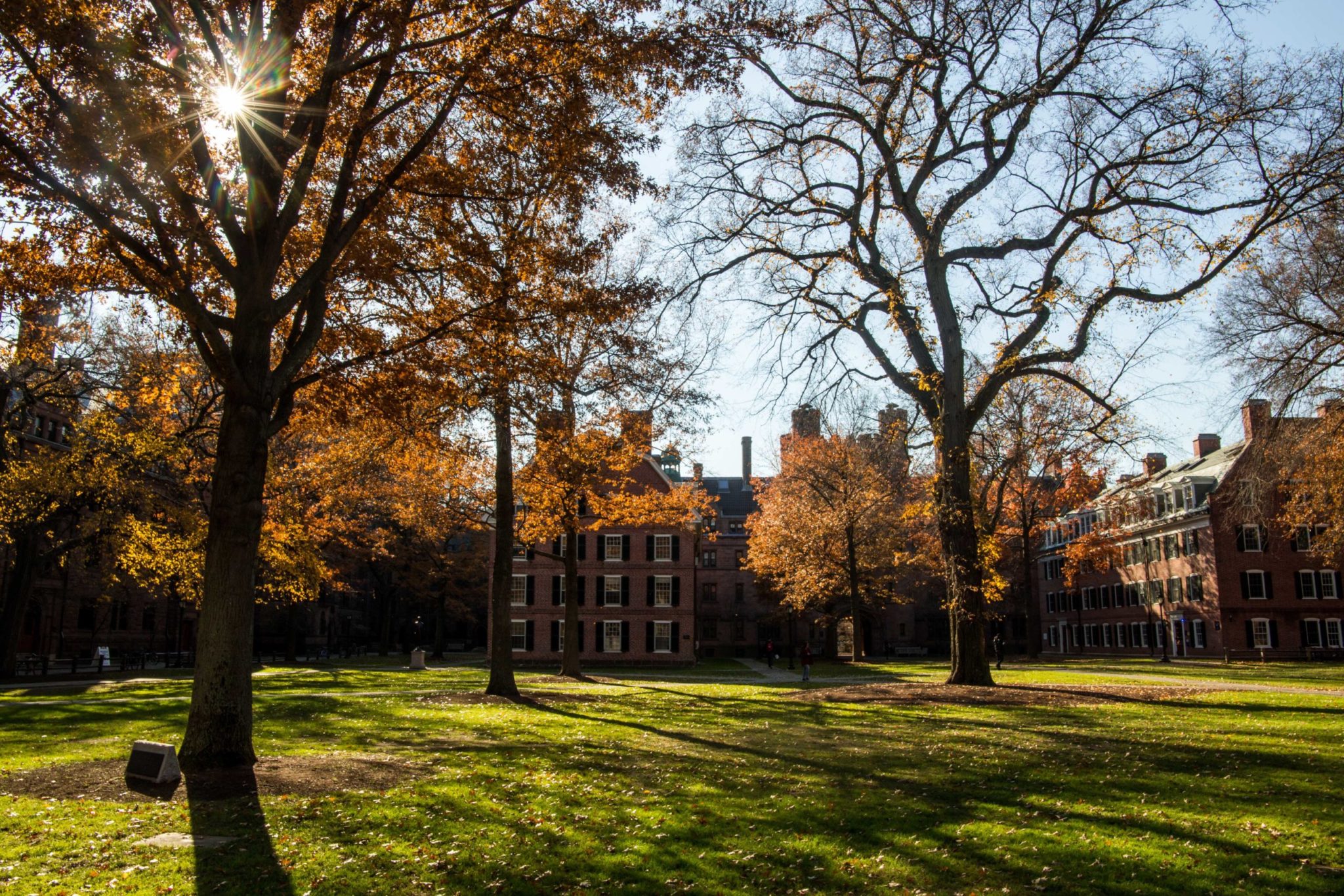Candidates prepare for uncontested Yale College Council election
The vast majority of elections for YCC representatives will be uncontested, following campus discussion about a lack of engagement within the body.

Yale Daily News
The Yale College Council’s first uncontested presidential election in three years will begin Thursday morning, when polls open across campus.
Although some races further down the ballot will be contested, Leleda Beraki ’24 and Iris Li ’24 will run unopposed for the roles of president and vice president, respectively. Currently, Beraki and Li are co-directors of academic life on the YCC. Beraki is also the president of the Sophomore Class Council.
Beraki and Li’s Friday campaign announcement came amid campus discussion of internal dynamics within the YCC, with members describing a sense of disillusionment spurred by the challenges of making concrete change from within the council.
Beraki and Li are not the only candidates running unopposed — the only contested races this election cycle will be those for events director, Sophomore Class Council president and senators from three residential colleges.
“To me, the point of running has never been about going against someone,” Beraki wrote in an email to the News. “My goals for this week have remained the same despite being uncontested: to effectively communicate my vision, prove my capabilities to the student body, and demystify the work of the YCC so we can truly be held accountable next year.”
Beraki, who will be the first Black woman elected to lead the Yale College Council, told the News that she knew many other representatives in the YCC considering a run in the weeks leading up to the election. When she learned that she would be running unopposed, Beraki told the News, it came as a “huge shock.”
Li told the News that she, too, had expected more competition for the roles of president and vice-president. She agreed with Beraki, however, that the election being uncontested would have no effect on their plans for the week. By relaying their platform to the student body during elections week, Li suggested, she and Beraki could set a precedent for the “clear and constant” communication they hope to provide during their term.
Beraki added that she looked forward to communicating more directly with the student body during the debate that the YCC co-hosts annually with the News. This year, the debate will be held at 8:30 p.m. on April 18 in William L. Harkness Hall, room 119.
“Our social media and site work has definitely laid the groundwork, but I think our passion and vision is the clearest when we talk about it,” Beraki told the News.
Beraki and Li have centered their campaign around the aim of holding the University accountable, in five areas in particular: campus, health, academics, finances and the YCC itself. They have so far called specifically for expanded Credit/D/Fail opportunities, an earlier housing process and a $15 minimum wage for on-campus student employees.
Their platform also addresses many of the issues raised by members of the YCC about the Council’s structural failings — Beraki and Li plan to enforce senate attendance and release public records of all YCC activity, they said.
Ezana Tedla ’25 told the News that while he generally preferred the scrutiny on candidates’ policies inherent to a contested election, he was confident in Beraki and Li’s qualifications for the positions.
“Honestly, I wasn’t too surprised to see that the presidential election is uncontested,” Nikhe Braimah ’25 told the News. “I think a lot of students know that being YCC President is a really time-intensive and demanding job, and because of that I think only people who are very genuinely interested in the position are going to run.”
For three students, the news that Beraki and Li would not have competition was unexpected given the contested elections of the past two years. There has not been an uncontested race for YCC president since Kahlil Greene ’22 was elected in 2019.
“I was a little bit surprised because the presidential elections have been contested in recent years and many senators discuss the presidency as the next ‘step up,’” Mahesh Agarwal ’24 wrote in an email to the News. “That being said, because of YCC’s chaotic state and the time commitment required to be president, I understand why there’s limited interest.”
Down the ballot, races are contested for senator in three colleges — Branford, Jonathan Edwards and Saybrook.
Tedla, who is running to be a Jonathan Edwards senator, told the News that, if elected, he hoped to use his platform to minimize financial burdens that first-generation, low-income students face in their daily lives at Yale.
Others, like Agarwal, who is running for senate in Branford, have focused their campaigns on specific goals. Agarwal pointed specifically to advocacy for free laundry, the completion of a “comprehensive report on Yale Health” and a push to streamline the course registration process.
“Intelligent, well-informed students elect representatives who they feel they can trust,” Ray Jin ’25, who is also running for senate in Branford, told the News. “I hope that by communicating my intentions and goals clearly, students will be able to trust me with representing their interests. I look forward most to communicating face-to-face with students individually and in group settings to learn more about their concerns and how I can best help them alleviate those concerns.”
Voting will begin at 9 a.m. on April 21 on YaleConnect.







